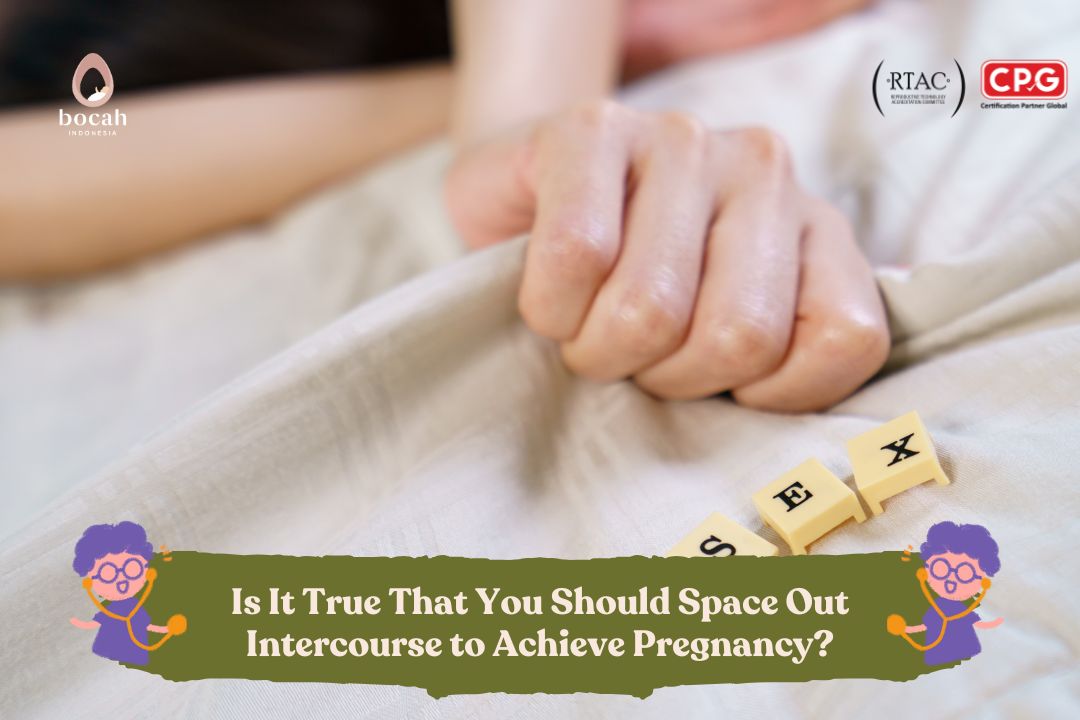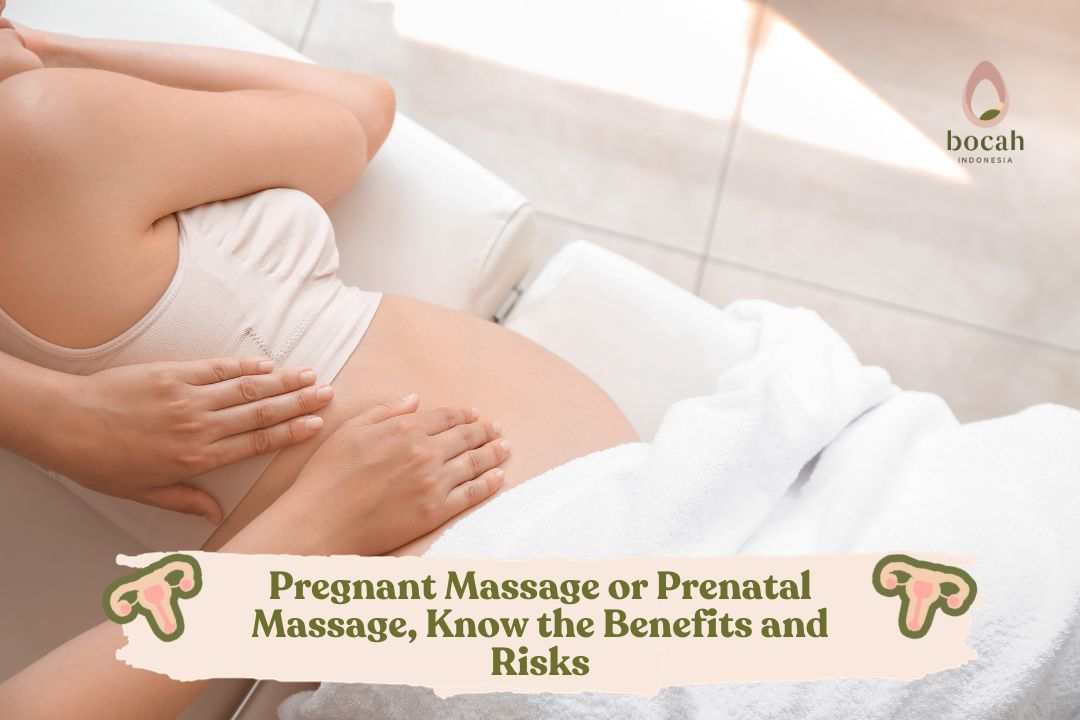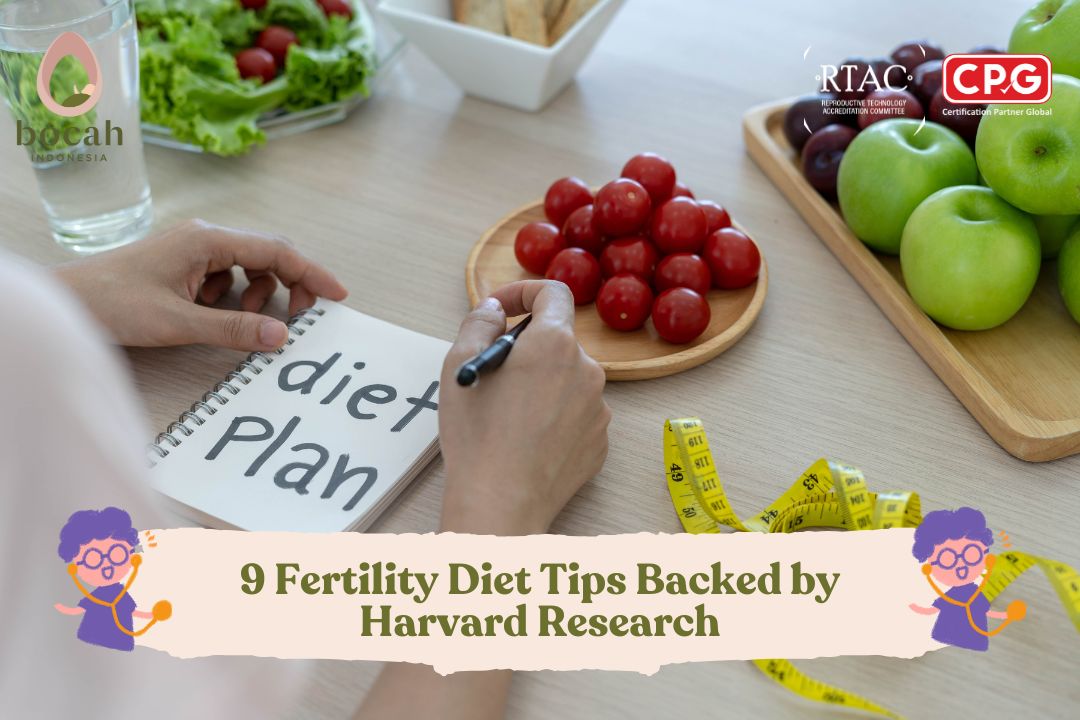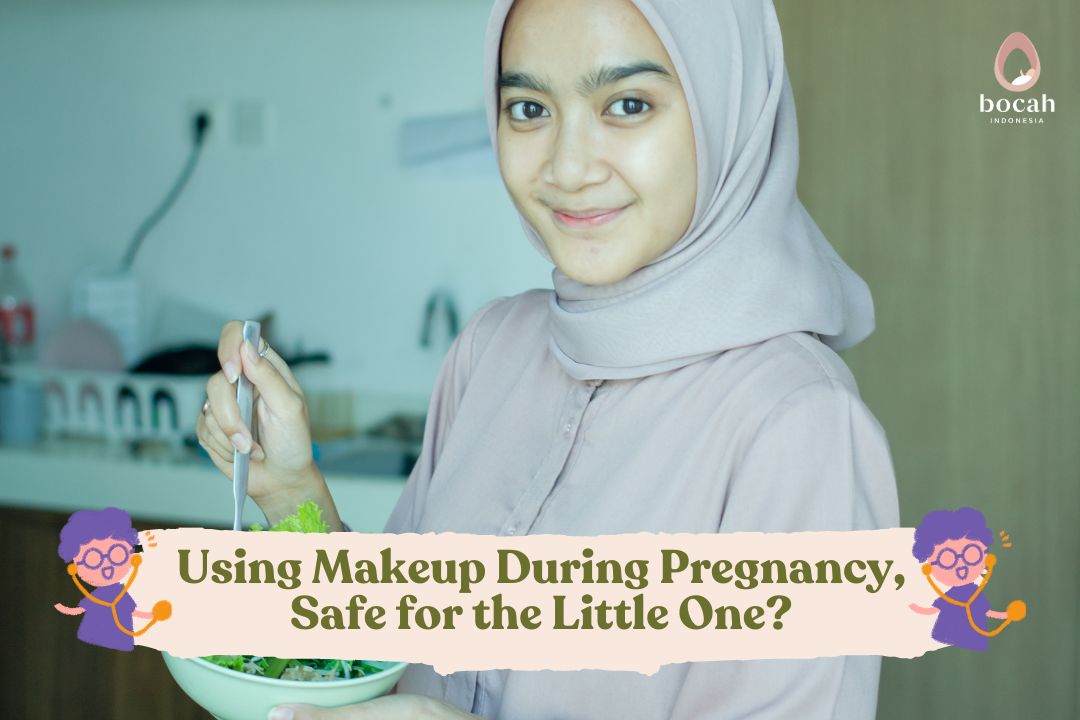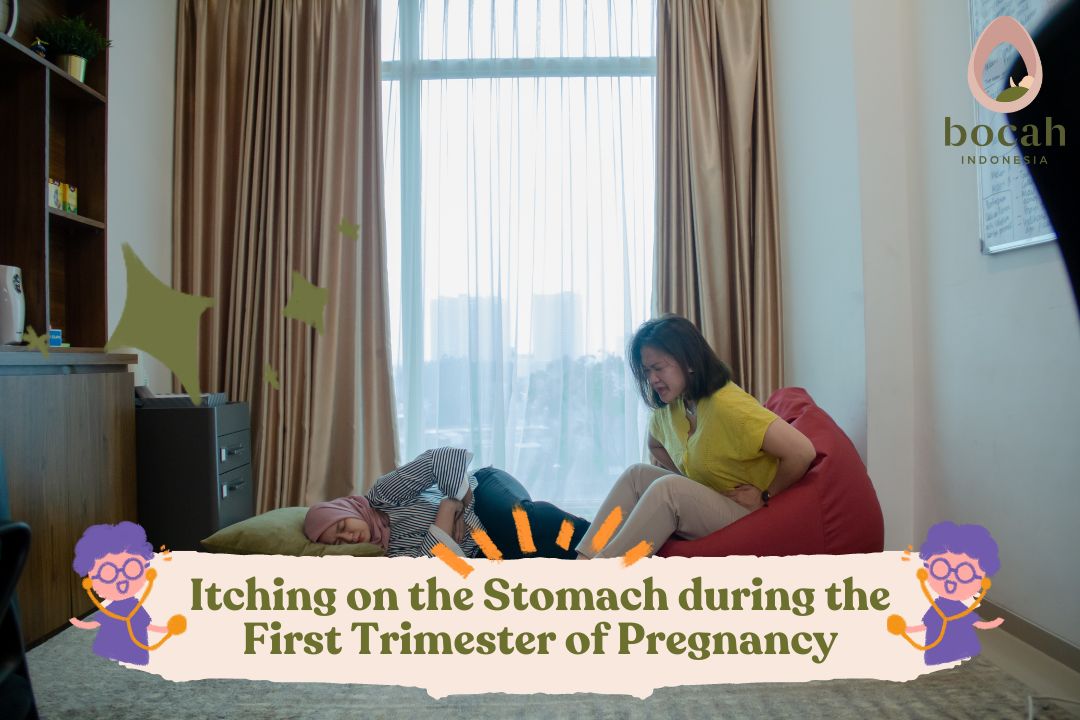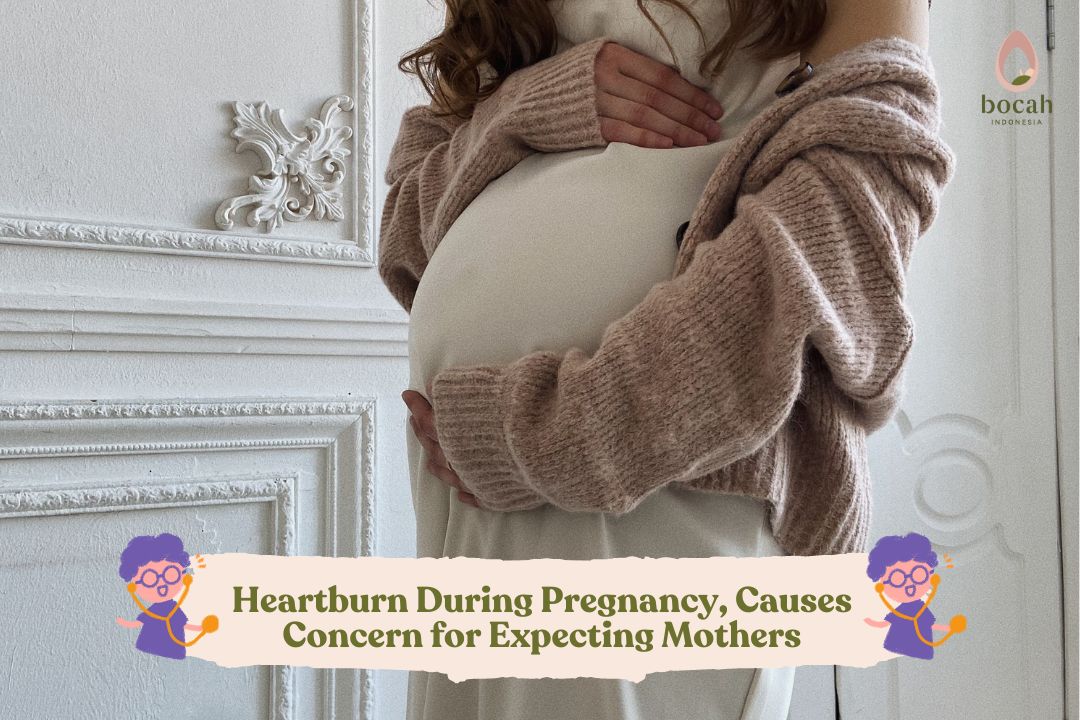Tips for Intercourse During Pregnancy Programme
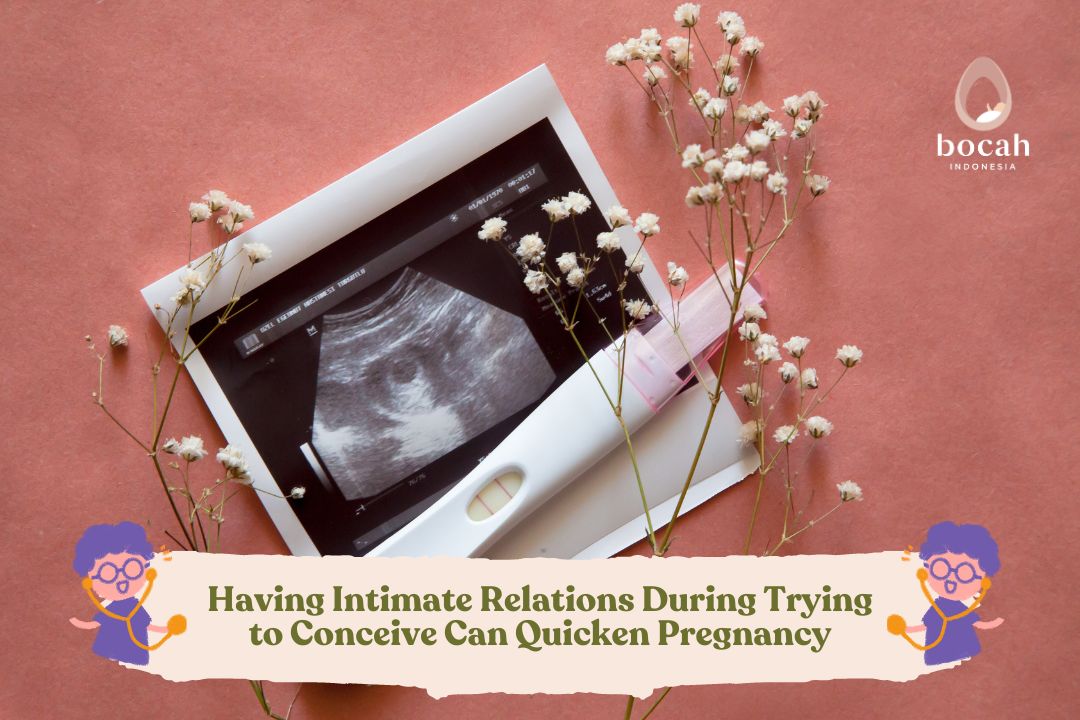
For mums who are on a pregnancy programme or promil, find out tips on having sex during pregnancy programme here.
Trying to conceive is an emotional and thrilling journey for many couples. Apart from adjusting your diet and lifestyle, having proper intercourse is also a key factor in achieving pregnancy. However, sometimes this process can be complicated and challenging.
To help guide couples who are on a pregnancy programme, here are some tips that can help increase the chances of success in planning a pregnancy through intercourse.<nbsp;
From understanding the ovulation cycle to maintaining physical and emotional health, each step plays an important role in the journey towards a desired pregnancy.
Tips for Intercourse during Pregnancy Programme
Having sex while on a pregnancy programme can be a different experience for every couple. However, there are a few tips that can help increase the chances of success in achieving pregnancy:
Tanya Mincah tentang Promil?
1. Knowing the ovulation period
Understanding your menstrual cycle and knowing when your mum ovulates can help increase your chances of pregnancy. Having regular intercourse a few days before and during the ovulation period may increase the chances of conception.
2. Maintain a healthy body
Good physical health is essential in increasing the chances of pregnancy. This includes eating a healthy diet, exercising regularly, and avoiding detrimental habits such as smoking and consuming large amounts of alcohol.
3. Avoiding stress
Stress can affect fertility in both Dad and Mum. Try to reduce stress by exercising, meditating, or doing fun activities with your partner.
4. Positions for intercourse
Some intercourse positions may be more effective in allowing sperm to reach the egg. For example, missionary position or positions with deep penetration may help the sperm reach its destination.
5. Avoid lubricants that contain spermicides
Some lubricants contain chemicals that can kill sperm. Choose a lubricant that is sperm-friendly.
6. Consult a doctor
If you have been trying for several months without getting pregnant, consult a fertility specialist. The doctor can provide advice and necessary tests to evaluate your reproductive health. By keeping these tips in mind and maintaining open communication between you, we hope to increase your chances of success in your pregnancy programme.
Intimate Relationships During Pregnancy
After the pregnancy programme finally came to fruition. Then the second question arises. Is having sex during pregnancy safe? The answer is, it is safe and can be done comfortably. Many couples may experience concerns about harming the baby or causing pregnancy problems.
However, most cases show that having sex has no negative impact on the development of the foetus or the health of the expectant mother, especially if the pregnancy is proceeding normally and there are no medical conditions that require abstinence from sexual activity.
1. First trimester
At this time, your hormones will increase rapidly day by day. Your breasts will feel larger and more sensitive and you will also feel more emotionally connected to your partner.
Incourse at this time is safe and comfortable. Mums don’t even need contraceptives and use most of the intercourse positions.
2. Second trimester
In the second trimester, the problems of early pregnancy are behind you and the physical limitations of late pregnancy are not yet felt. The second trimester is like a new honeymoon for your intimate relationship.
In fact, women experience a three-pound increase in blood during pregnancy. Most of this blood ends up flowing through the lower part of the body, making you feel more aroused than usual.
3. Third trimester
With a bigger belly and aches and pains, you might think having sex in the third trimester is a no-brainer. However, the physical changes may make you feel more confident than ever.
Not a few researchers have mentioned that intercourse tends to decrease as the years go by. However, if you feel up to it, you can choose a position that is comfortable.
Incourse can trigger pregnancy contractions. There is some science that supports sex as a technique to initiate labour.
Nipple stimulation and orgasm release the hormone oxytocin which is a natural form of pitocin or a drug used to promote labour. The prostaglandins in the sperm can also help ripen the cervix, softening it to the point of stretching.
Positioning and Consultation for Baby Safety
Most intercourse positions are safe until you reach the fourth month of pregnancy. At this point, positions that require you to lie on your back may become uncomfortable and put pressure on important blood vessels that carry nutrients and oxygen to the baby.
Incourse is a natural and normal part of pregnancy. The process will not harm the baby because the foetus in your belly is protected by the abdomen, the muscular walls of the uterus, and the amniotic sac fluid.
To be safe, some doctors recommend avoiding sex in the last weeks of pregnancy. They believe that hormones in semen called prostaglandins may stimulate contractions.
Emotional contractions are not the same as labour contractions. Your doctor may advise you not to have sex if you have any type of high-risk pregnancy.
Note, if the doctor says ‘no sex’, it may include anything involving orgasm or sexual arousal, not just intercourse.
Actually, orgasm in pregnant women does not harm the foetus, but it can trigger early contractions. Early contractions can risk pregnancy complications or trigger early labour.
Consult your doctor if you experience unusual symptoms during or after sex such as pain, bleeding, fluid or discharge, significant discomfort, and contractions.
Intimate Relationship After Pregnancy
The first six weeks after giving birth are called the puerperium. Sex during this time may be thought of as safe. However, even if it is considered safe, Dad and Mum should still make a mutual agreement to continue intimate relationships after childbirth
There are many factors to consider, such as postpartum injuries and fatigue, changes in hormone levels, and discomfort such as breast tenderness due to breastfeeding. In addition, postpartum emotional issues such as anxiety in parenting or relationship with your partner can also affect your readiness.
Postpartum wounds such as vaginal incisions usually take a few weeks to heal. Your gynaecologist will probably advise you to wait at least 6 weeks.
One study mentioned women with few complications often start having sex again not long after. Keep in mind, that is, as long as there are no tears or infections.
After pregnancy, you may also notice a lack of vaginal lubrication. Lubricants are water-based and can ease the discomfort of vaginal dryness during sex. Always communicate any discomfort with your partner, to find the right solution together.
Don’t forget to consult your doctor about your hesitation to have intercourse during pregnancy, during pregnancy and after delivery. There is no need to be ashamed, because this is something that you should be doing.
This article has been medically reviewed by Dr. Chitra Fatimah.
- Gaskins, A.J. & Chavarro, J.E. (2019). Diet and Fertility: A Review. American Journal of Obstetrics and Gynecology, 218(4), pp. 379–389. https://pubmed.ncbi.nlm.nih.gov/28844822/
- Mayo Clinic (2021). How To Get Pregnant.
- WebMD (2020). Getting Started on Getting Pregnant.
- Healthline. (2020). Pregnant and Horny? Understanding Your Sex Drive During Pregnancy
- WebMD. (2023). What Is Sex During Pregnancy?


